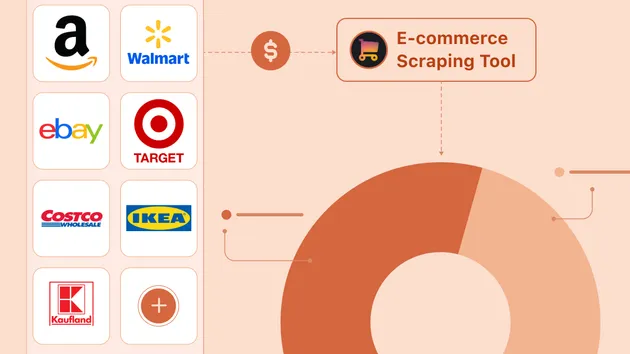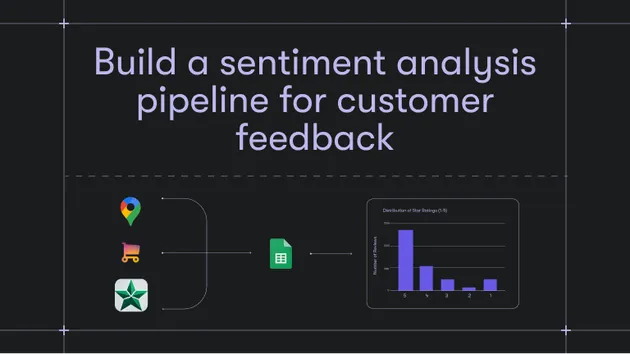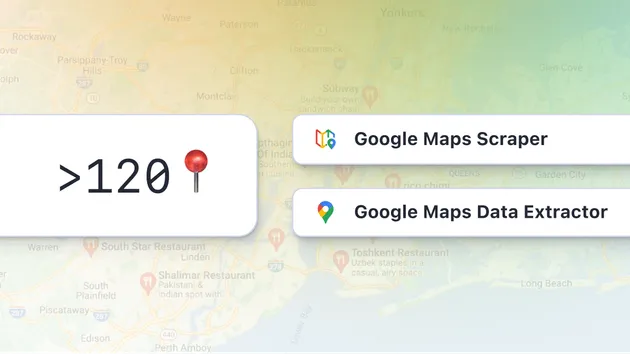Customer Psychology Map
Pricing
$599.99 / 1,000 psychologymaps
Customer Psychology Map
Give 1-2 sentences about your target market (the more the better). The response contains a thorough customer psychology map that can be used for everything from vibe coding to marketing to content and more. NOTE: Response time can take up to 5 minutes to perform all the deep research.
Pricing
$599.99 / 1,000 psychologymaps
Rating
0.0
(0)
Developer

Nate Ritter
Actor stats
0
Bookmarked
17
Total users
1
Monthly active users
4 months ago
Last modified
Categories
Share




